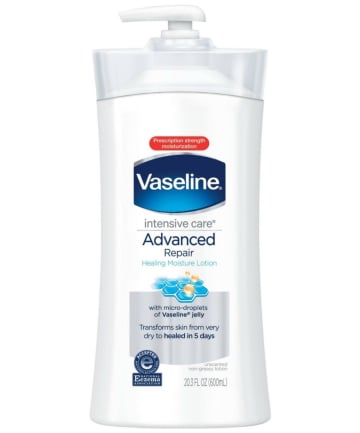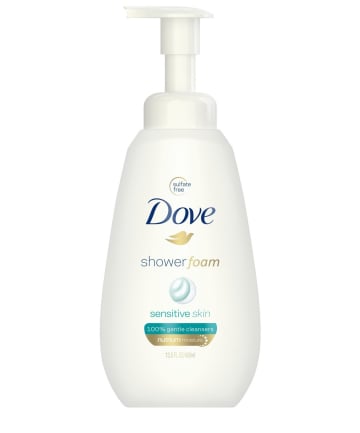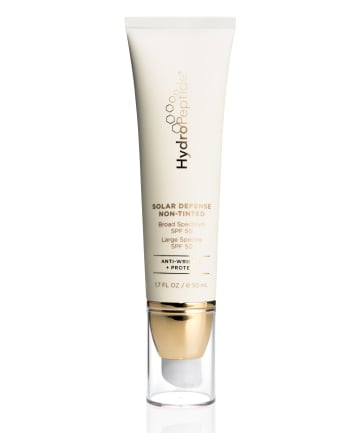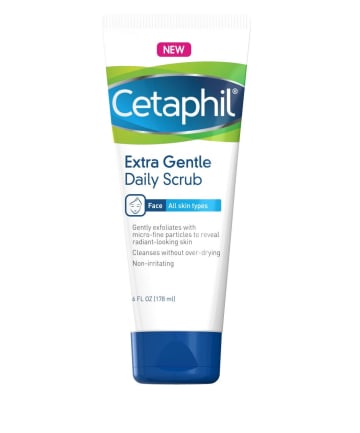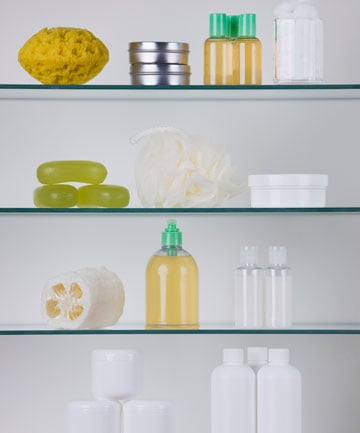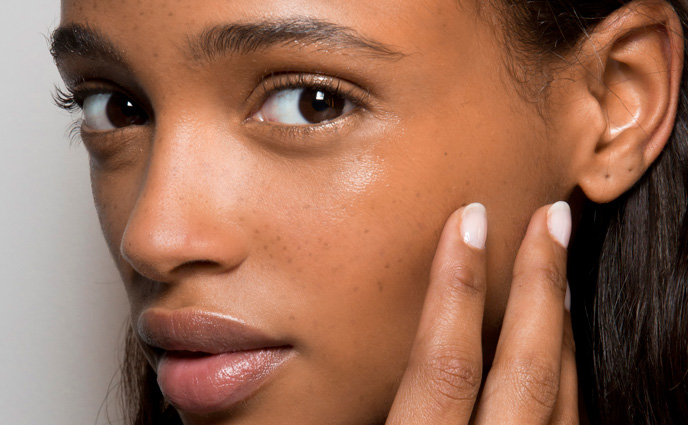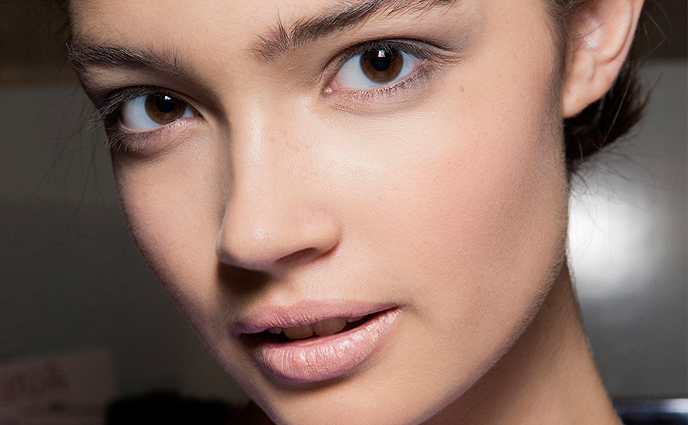If you use the same rich moisturizer that took care of your skin during winter, it may leave you feeling heavy or greasy in the warm, humid air of summer, warns Joshua Zeichner, MD, director of cosmetic and clinical research at Mount Sinai Hospital in New York City. Instead, he recommends looking for a light lotion during the warmer months. "Many of the latest generation lotions, like Vaseline Intensive Care Advanced Repair Unscented Lotion, use the same traditional moisturizing ingredients but in a light, easy to spread formula that's great to use during spring and summer," he says.
During the hotter and more humid summer months, more oil tends to accumulate on the surface of the skin, which means your winter hydrating cleanser may no longer suffice. Instead, Zeichner suggests opting for a lathering cleanser that more effectively removes oil from the face and body. "Look for products that still respect the skin barrier and maintain skin hydration while cleansing, like the Dove Shower Foam Sensitive Skin Foaming Body Wash," he says. "Glycinate-based surfactants are gentle on the skin, plus this product contains the same stearic acid-based moisturizing ingredients."
Sunscreen is a must no matter the season or the weather. In fact, your skin needs SPF protection from the sun's harmful rays even on cloudy or rainy days in the dead of winter. But, as the weather warms up, sun protection becomes even more paramount. Joyce Imahiyerobo-Ip, MD, director of cosmetic dermatology at South Shore Medical Center, recommends using a sunscreen separate from your lotion and makeup that has an SPF of at least 50. "When enjoying the sun for a prolonged period of time (e.g. beach, hikes, pool), sunscreen needs to be applied every two hours, since it's no longer affected after 120 minutes," she says. Her personal sunscreen favorite is HydroPeptide Solar Defense - Tinted. "This broad spectrum sunscreen blocks UVA, UVB and infrared rays and contains antioxidants and hyaluronic acid," she explains. For those with darker skin, she recommends Avene Hydrating Sunscreen Lotion SPF 50+ (Face & Body), a lightweight sunblock that doesn't leave a white residue on the skin.
If you're worried about ruining your makeup during the reapplication process, consider a product that does both, like Colorescience Natural Finish Pressed Foundation SPF 20. "This brand makes several SPF 50 mineral powders that will allow you to freshen up your makeup and get your sunscreen," says Imahiyerobo-Ip.
If you're worried about ruining your makeup during the reapplication process, consider a product that does both, like Colorescience Natural Finish Pressed Foundation SPF 20. "This brand makes several SPF 50 mineral powders that will allow you to freshen up your makeup and get your sunscreen," says Imahiyerobo-Ip.
After months of exposing your skin to harsh winter weather that's both cold and dry, dead cells accumulate on the surface. That's why it's a good idea to enlist the help of an exfoliant to unveil youthful, bright skin cells that lie underneath. "The spring is a great time to exfoliate the skin with either a physical or chemical exfoliating wash with alpha hydroxy acids, salicylic acid, etc.," says Melissa Kanchanapoomi Levin, MD, board-certified NYC dermatologist and clinical instructor at NYU Langone and Mount Sinai. "I love Cetaphil Extra Gentle Daily Scrub for a physical exfoliating scrub since it uses micro-fine particles from bamboo extract to gently buff the skin." Aim to exfoliate once a week during the summer to keep your skin glowing.
You don't want to apply a skin care product that's well past its expiration date. All products, from cleansers and creams to toners and masks, should come with expiration dates — check them before dusting them off for the season. Imahiyerobo-Ip suggests tossing anything that's past its expiration date or over six months old and giving your makeup brushes a deep clean. "Products with SPF will lose their effectiveness over time, so this is a good time to replace these products as well," she adds.
Image via Getty
Image via Getty


